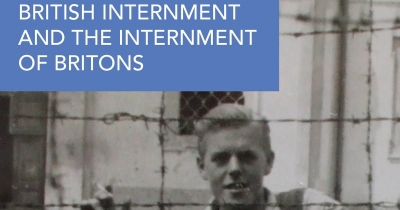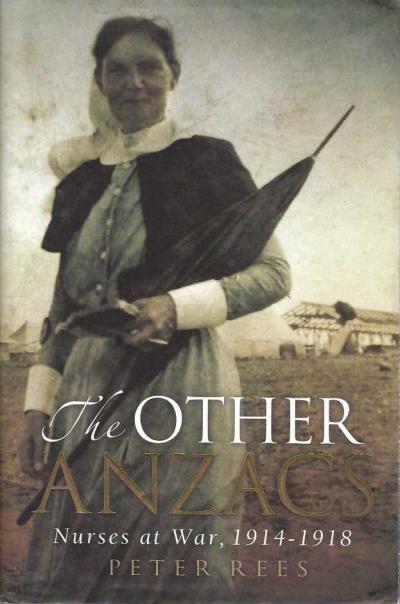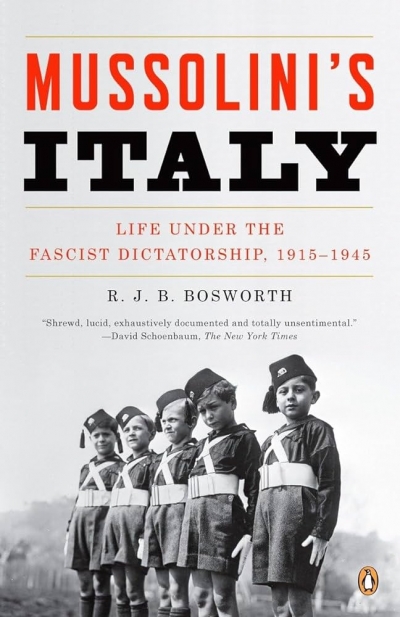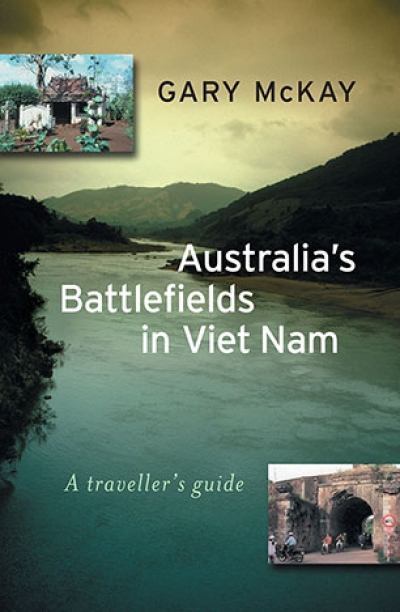According to Peter Rees’s introduction to The Other Anzacs, ‘at least 2498 nurses’ served overseas with the Australian Army Nursing Service during World War I, with about 720 in other units raised in Britain or privately sponsored. There were ‘at least 610 nurses’ in the New Zealand Army Nursing Service, and perhaps another 100 overseas. The criteria for acceptance were high. Nurses were required to have completed at least three years’ training in an approved hospital, to be aged between twenty-one and forty, and either single or widowed. The rules about marriage, however, were not always strictly observed, and as men sometimes fudged their age and other circumstances to get into the army, occasionally a woman may have disguised her marital status. But once in the Army Nursing Service, marriage usually meant resignation. If a nurse wished to keep working after she married, she had to join one of the private medical or hospital services that had come into being.
...
(read more)





